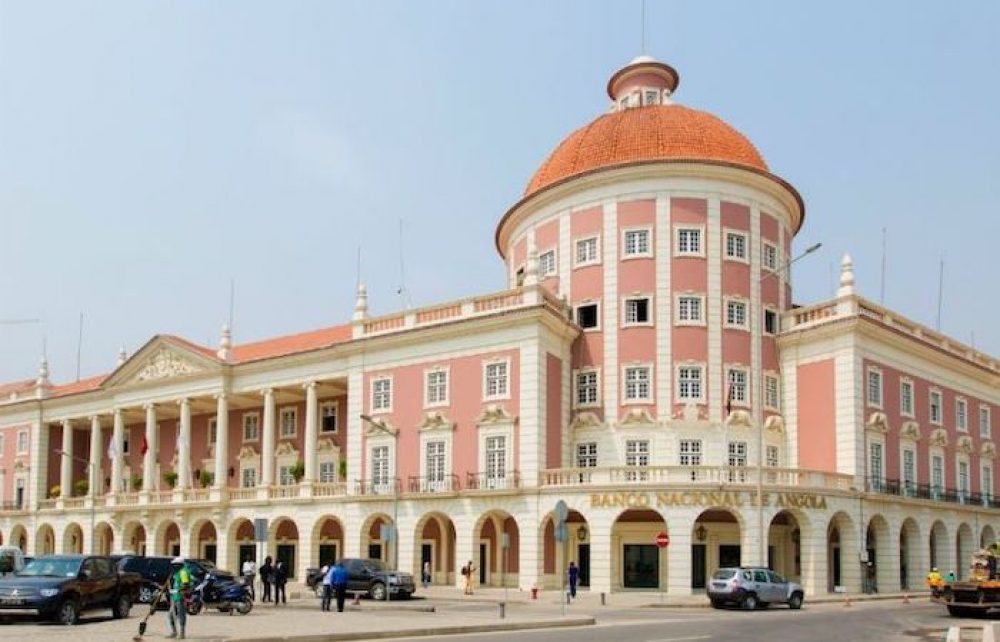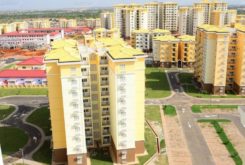Angola and Cabo Verde are among a group of African countries considered by Fitch Ratings as being at high risk of debt distress, in the current economic crisis context. Mozambique is already in default.
Among 7 rated sovereigns in Sub-Saharan Africa (SSA) downgraded by Fitch seven since the beginning of March are Angola and Cabo Verde, along with Gabon, Nigeria, Seychelles, South Africa and Zambia. Currently, 7 sovereigns in the region have Negative Outlooks. “Rising debt burdens and the impact of the coronavirus and oil price shocks point to further downward pressure on SSA sovereign ratings”, the ratings agency adds.
“This reflects the size of the coronavirus shock for those tourism and oil-dependent economies, but also in several cases adverse long-term trends of rising debt and other credit weaknesses which left little margin to absorb shock at prior rating levels”, Fitch says in a new report on debt distress in the region.
According to the report, SSA government debt burdens are rising at a faster pace and to a higher level than for other emerging markets (EM), heightening the risk of further downgrades and defaults.
The agency forecasts the median government debt/GDP ratio for the 19 Fitch-rated SSA sovereigns to reach 71% at end-2020, from 57% at end-2019 and 26% in 2012.
“The coronavirus and oil price shock is having a severe impact on SSA”, Fitch says, estimating median real GDP to fall by 2.1% in 2020 and the budget deficit to widen to 7.4% in 2020, from 4.9% in 2019.
“This combination, amplified by currency depreciation in many cases, will cause a 14pp jump in the median debt ratio this year”, the rating agency adds.
Mozambique and the Republic of Congo have defaulted since 2016, and Fitch believes further sovereign defaults are probable. “Widening primary budget deficits have been the largest contributor to rising government debt/GDP. Debt will continue to rise without substantial fiscal consolidation”, Fitch says.
Moreover, the GDP growth rate has declined since 2014, reflecting the drop in commodity prices and a lacklustre rate of return on investment. The average real interest rate on debt has also risen since 2017, partly reflecting a decline in the share of total external borrowing that is on concessional terms, as countries stepped up borrowing from the Eurobond market.
“New IMF emergency support worth USD8 billion to 13 Fitch-rated SSA sovereigns and the G20 Debt Service Suspension Initiative (DSSI), which covers bilateral debt service in 2020 and is open to 15 of them (although not all will participate), provide useful fiscal and external financing”, Fitch consideres. However, they are moderate in size at around 0.9% and 1.2% of GDP, respectively; and DSSI ‘flow’ relief and new IMF loans are not designed to address debt stocks and medium-term risks to debt sustainability, it adds.
According to the ratings agency, new data set compiled by Horn, Reinhart and Trebesch estimates the stock of debt owed to China at USD101 billion at end-2017 . These include high exposures in several Fitch-rated sovereigns, such as Zambia at 23% of GDP.
The International Monetary Fund (IMF) expects a recession in all African Portuguese Speaking Countries (PSC) in 2020, with the exception of Mozambique.




